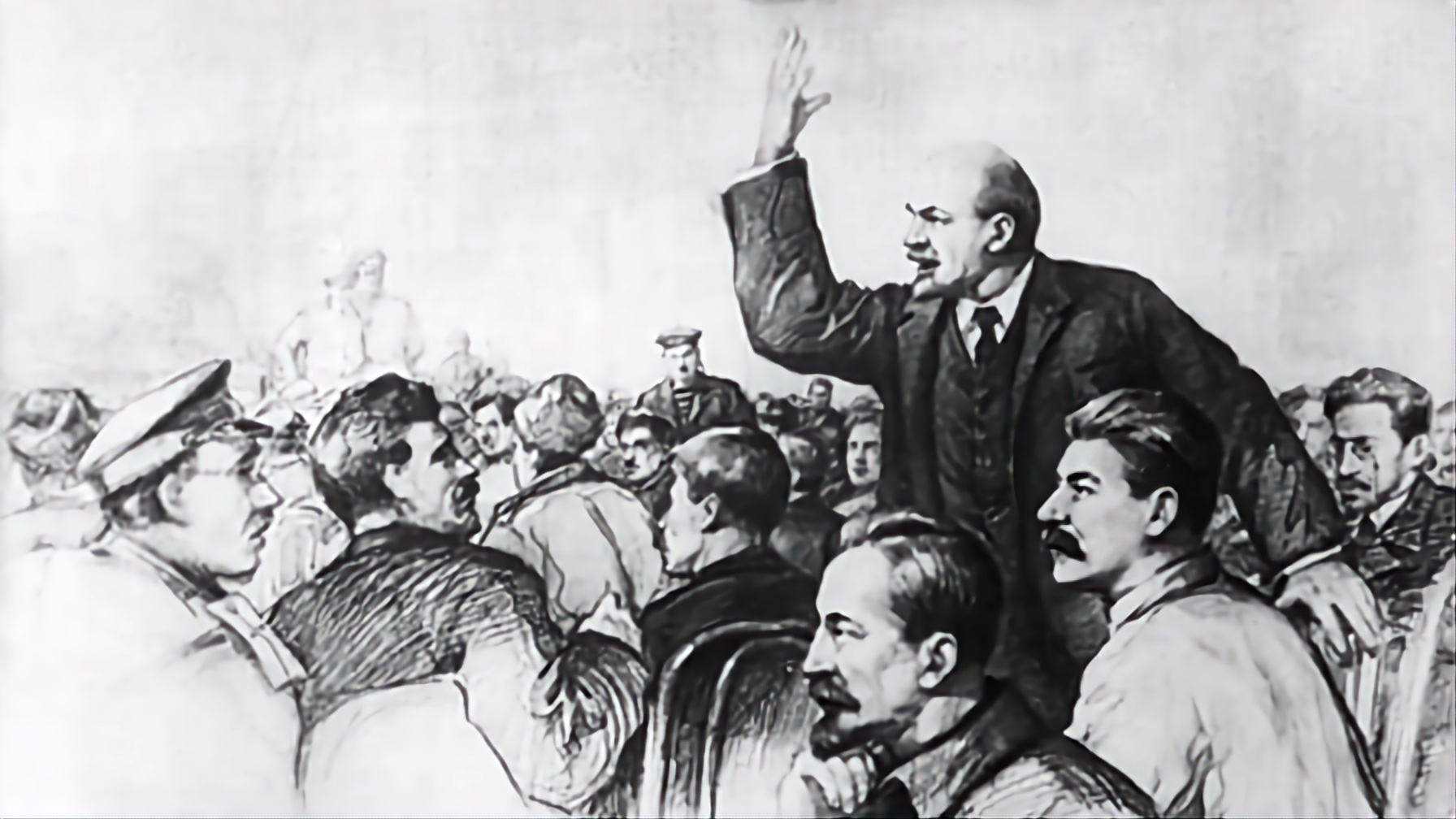worker_bear [comrade/them]
- 6 Posts
- 14 Comments

 10·1 year ago
10·1 year ago

 5·1 year ago
5·1 year agoi fucking hate this term so much
100% a “vibes based politics understander”


 7·1 year ago
7·1 year agothese people will literally never make the jump from “i miss my SEGA” to any kind of materialist or class analysis

 6·1 year ago
6·1 year ago@frank nice empire dude

 8·1 year ago
8·1 year agoget the fuck out of that house my guy

 2·1 year ago
2·1 year agoI don’t think the claim is necessarily that tribal economies are inherently communist, rather that certain groups certainly were. Societies marked by an organizing ethos of “from each according to means, to each according to needs,” no class hierarchies, robust social structures and welfare programs, and quite literal communal ownership of means of production – if we are not going to call that communism, I think we’re denuding the term of all meaningful content. I also think we should seriously scrutinize our reasoning for saying, “this was communism over here, but this small tribe or social state can’t reallllly be communist.” Not impugning your motives in any way, as I wholly agree with your critique as it was stated. I just think we should be careful here.
Personally, I think the most pragmatic thing to do is go case-by-case and distinguish between communism that proceeded capitalism (whatever you’d like to call it) vs Marxist communism, characterized by a transition away from a capitalist state, which is obviously an inherently modern phenomenon.

 36·1 year ago
36·1 year agoit is fucking astounding the number of “intellectuals” who still think Darwinism is a moral framework. READ DARWIN YOU FUCKING FUCKS!!! THE WHOLE POINT IS THAT IT’S A WASTEFUL, AMORAL SYSTEM, and imposing it deliberately IS FUCKING EVIL!
one of my favorite lectures of all time is this lecture by Stephen J Gould on Darwin’s revolution in thought


 35·1 year ago
35·1 year agoCommunism in the Bolshevik sense really only “failed” because it existed in a context of warring capitalist nation-states with massive monopolies on imposing international violence, which strangled it from without. There were internal factors too, to be sure, but Communism in it’s purest abstracted sense has existed successfully for centuries in societies all over the world, either before the age of the great capitalist empires or in isolation from those empires. Graeber/Wengrow detail in the Dawn of Everything that many of the native american tribes we genocided, to name a single example, lived in a state that we could only call communistic.
It’s almost like as soon as the entire world is subjugated to the idea that profit for its own sake is immutable and good, and then that imperative is enforced upon the world by violence, ideologies that place the health of societies over profit can’t exist??

 36·1 year ago
36·1 year agothe meaning of the term ‘value’ in Marx, i.e. that it is a technical economic concept, not a moral one
We’re so used to thinking of our fiscal debts to financial institutions and creditors as an extension of our social obligation to one another. It’s perverse. Liberals especially love thinking along these lines - it appeals to their love of politics as a vessel for virtuous self flagellation (austerity politics, bootstrapping, individual choice/responsibility, etc, all the shit that exemplifies how liberals are in fact right-wing), as well as their sycophantic and undiscerning adulation for institutions. You’ll probably never get any of these people to pick up Capital, let alone give you a rebuttal to something like the labor theory of value (as you mention, these people are not serious), but you might be able to make inroads by pointing them to David Graeber. The first chapter of Debt, “On the issue of moral confusion,” addresses this topic directly.
Side note, Trillbillies just had a guest author on whose work dealt with this concept, and I could not believe they didn’t mention Graeber even once.
:graeber:

 20·1 year ago
20·1 year agobased

 34·1 year ago
34·1 year agohitlers killing of people who were non aryan would have eventually resulted in racism ending

this has to be a bit

 30·1 year ago
30·1 year agohe was against smoking drinking and violence against animals
if you are below the age of 18 you are immediately going in a locker dude
if you are above 18 you are going in a :pit:

 51·1 year ago
51·1 year agounited federation of planets flag looks really cool :crush:
i want this in my room

 41·1 year ago
41·1 year agoThey’re great for off-roading and racing, but outside of those use cases automatics are just better.
5-speeds are definitely a pain in the ass in stop and go traffic, but the benefits of driving a manual transmission goes beyond use cases. For example, manual transmissions will always be cheaper to repair and easier to diagnose than automatic ones. Similarly, basic 4-cylinder engines will always be easier to diagnose and repair than the highly complicated CVT engines in all the new automatic cars.
Note too that a 5-speed Honda civic made 20 years ago will easily get 45 mpg, simply because by the time you get to third gear, the car is light enough that you can just ride the clutch for the next 1,000 feet. My 05 manual civic ex gets around 40 mpg combined easily, and I’ll never have to worry about potentially paying a third of the car’s out the door price if the engine ever decides to self destruct. I know we’re discussing transmission and not engines, but since you brought up the newer fuel efficient automatics, it seems worth noting.
It’s all preference at the end of the day, though. I personally like how connected to the car you feel with manual transmissions, use cases/utility arguments aside. I also kinda wonder if manual drivers are less likely to crash, since it’s difficult if not impossible to be on your phone while driving.




